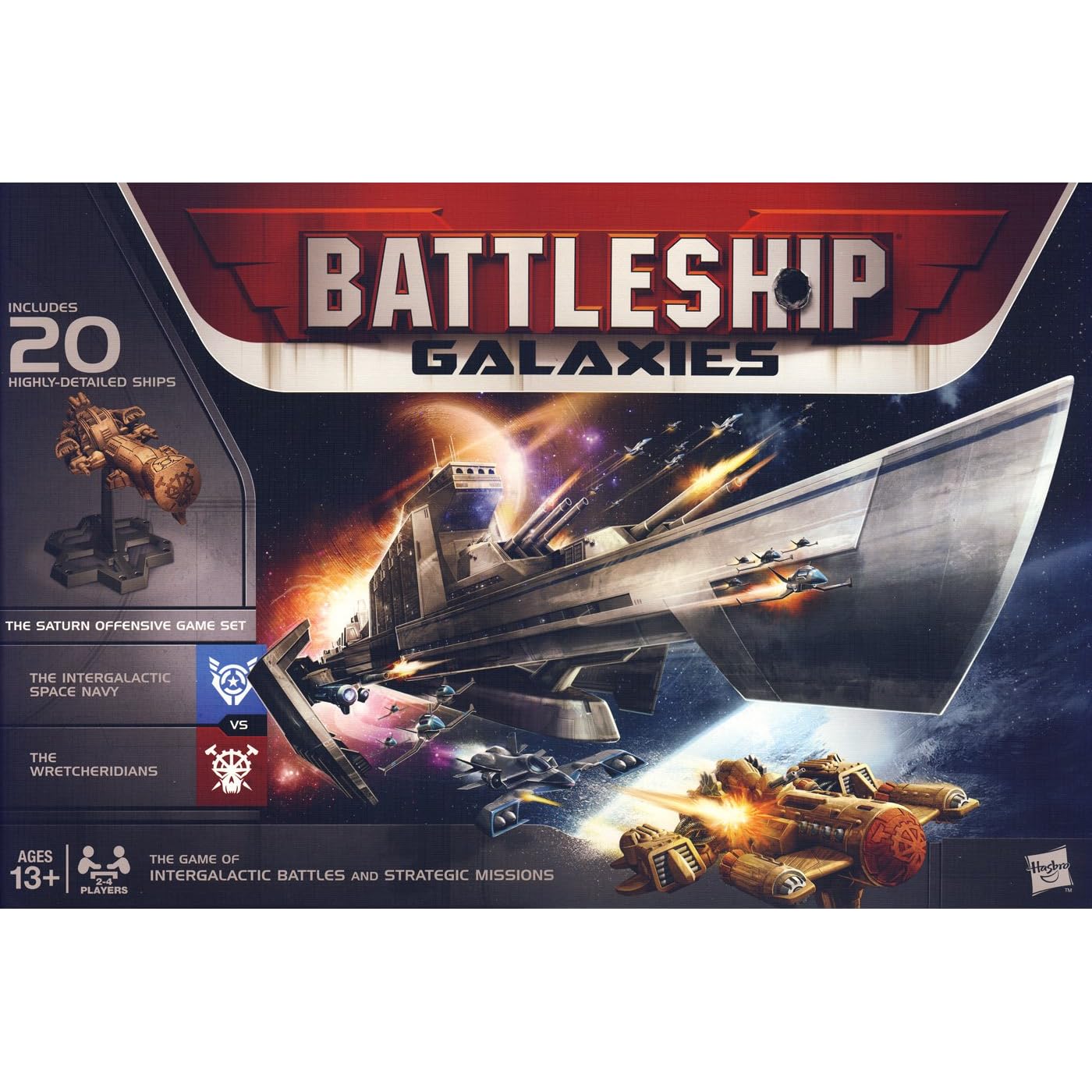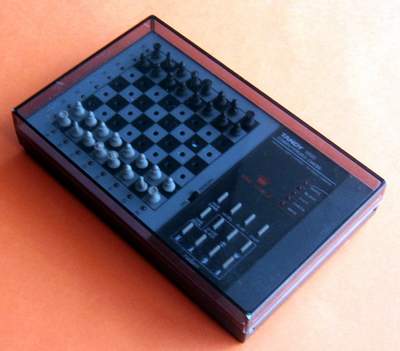A few years ago, in my initial rush of enthusiasm, I managed to collect a good number of games that I was keen to play. These games included war games, fantasy games, sci-fi, and a few other games that would provide an epic story to tell. Here I am three years later, and some of them still have the shrink wrap on them.
It's because I am a geek.
It turns out that the same personality trait that provides all of the games for my gaming group is the same trait that makes me interested in fantasy, sci-fi and epic-length games - the genres that the rest of my group is not interested in playing. So, I am changing my collection. After all, a game that no one will play really doesn't have much value.
I have traded away most of my war games for very light war games. My boy loves fantasy, and I have conceded that he will probably take most of those with him to college. Some of my two player games will just have to go.
My wife tends to prefer abstract games, and I am okay with that. I like abstracts, some of them very strongly, even if it isn't my favorite genre. Our gaming group likes European style games, and there are a lot of fantastic games that I enjoy from that vein too. I have bought a few solitaire war games to satisfy that particular itch.
My dad always said, "To have a friend you have to be a friend", and that has always stuck with me. And so I salute those great games I no longer own, even as I go join my friends a game a can all enjoy.
It's your move!
Related Posts
It's because I am a geek.
It turns out that the same personality trait that provides all of the games for my gaming group is the same trait that makes me interested in fantasy, sci-fi and epic-length games - the genres that the rest of my group is not interested in playing. So, I am changing my collection. After all, a game that no one will play really doesn't have much value.
I have traded away most of my war games for very light war games. My boy loves fantasy, and I have conceded that he will probably take most of those with him to college. Some of my two player games will just have to go.
My wife tends to prefer abstract games, and I am okay with that. I like abstracts, some of them very strongly, even if it isn't my favorite genre. Our gaming group likes European style games, and there are a lot of fantastic games that I enjoy from that vein too. I have bought a few solitaire war games to satisfy that particular itch.
My dad always said, "To have a friend you have to be a friend", and that has always stuck with me. And so I salute those great games I no longer own, even as I go join my friends a game a can all enjoy.
It's your move!
Related Posts























